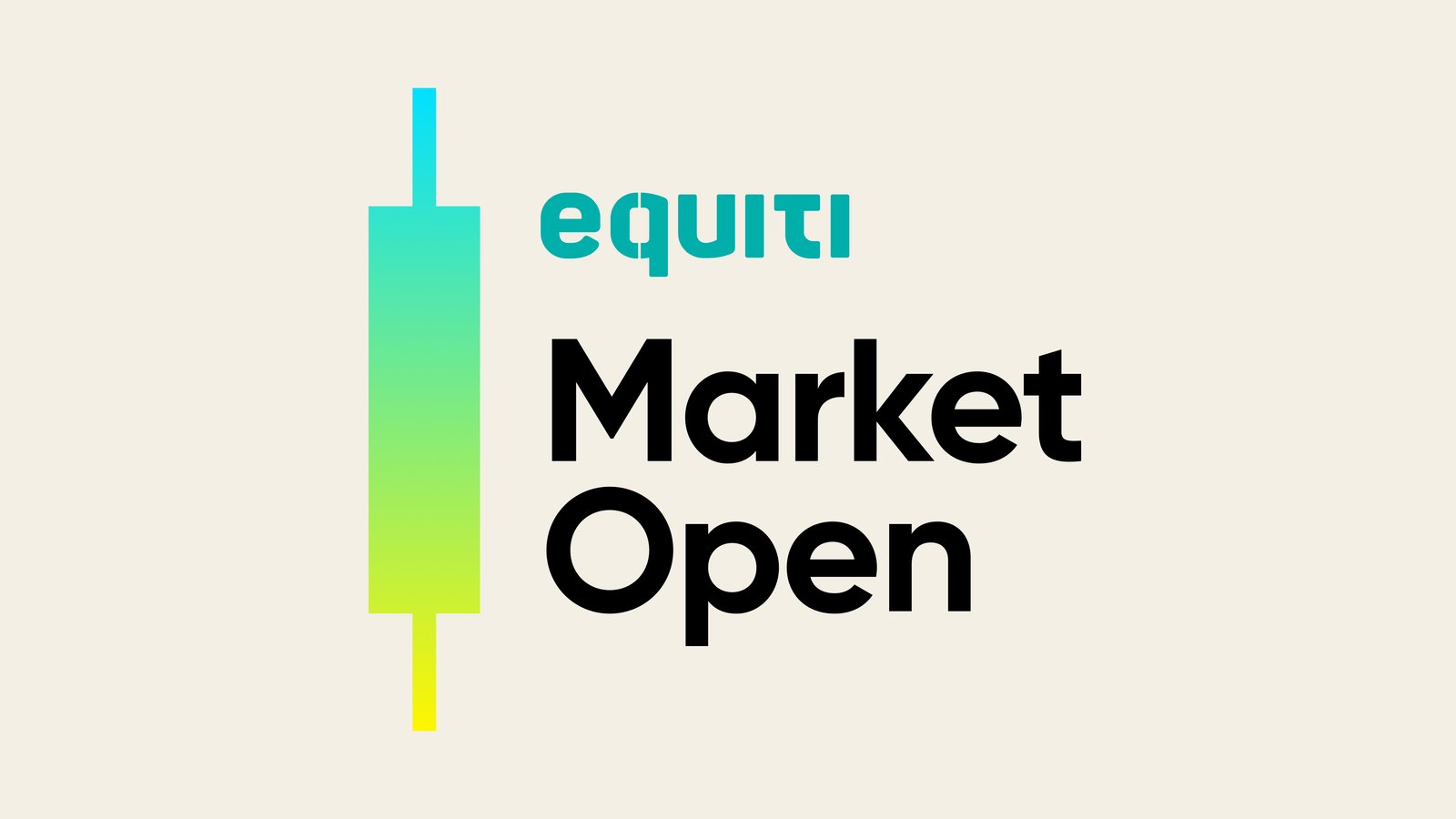US debt deal reached
Investors rejoice as US Debt limit suspension temporarily resolves economic uncertainty

Temporary suspension of debt limit alleviates immediate concerns, elicits mixed reactions
ECB nears rate hikes, BOE warns of necessary increases
RBA Governor cautions against significant wage hikes, inflation risks
Oil tensions escalate as Russia floods market with cheaper crude, Saudi Arabia raises concerns
What’s happened?
Asian stocks rallied alongside US and European futures as news of the US debt deal invigorated investor appetite for risk assets. Nasdaq 100 contracts surged by over 0.5%, while Japan's Nikkei 225 climbed 1.5%. The trading of cash Treasuries remained closed in anticipation of the US holiday, leading to a stable dollar and a slight dip in gold prices. Furthermore, West Texas Intermediate (WTI) crude oil prices advanced.
The agreement on the debt limit, negotiated between President Joe Biden and the GOP's Kevin McCarthy, has garnered mixed reactions from both sides of the political spectrum. Democrats have expressed opposition to provisions such as expanded work requirements for food stamps, while conservatives have raised concerns about higher spending levels. However, in separate public appearances on Sunday, both Biden and McCarthy expressed confidence that the pact would secure Congressional approval. McCarthy went on to claim that 95% of House Republicans are "very excited" about the deal.
Under the terms of the agreement, the debt limit would be temporarily suspended until January 1, 2025, alleviating immediate concerns surrounding the US debt ceiling. Notably, Mitch McConnell, the Republican leader in the Senate, has endorsed the agreement, adding weight to its prospects for passage. McCarthy has announced plans for a House vote on Wednesday to gauge support for the deal among lawmakers.
What to watch?
Central bank officials have recently made noteworthy remarks, shedding light on their policy stances and concerns. Gabriel Makhlouf, a policy maker at the European Central Bank (ECB), suggested that the ECB is nearing the "top of the ladder" in terms of potential rate hikes. Makhlouf, along with colleague Pierre Wunsch, emphasized the importance of fiscal policy support to curb inflationary pressures. Meanwhile, former Bank of England (BOE) hawks, including Willem Buiter, issued warnings that rates would need to be raised to at least 6% in order to tackle persistent consumer price growth in the UK.
Philip Lowe, Governor of the Reserve Bank of Australia (RBA), cautioned government lawmakers about the potential consequences of significant wage increases for workers. Lowe expressed concerns that such pay hikes, exceeding 2%-3%, could exacerbate inflationary pressures and necessitate further rate hikes.
In the realm of oil markets, tensions are escalating as Russia continues to flood the market with cheaper crude, as reported by The Wall Street Journal (WSJ). Saudi Arabia has voiced its discontent, accusing Moscow of undermining efforts to stabilize prices by failing to fully adhere to promised output cuts. While friction within OPEC+ is not unprecedented, this latest disagreement may intensify strain ahead of the upcoming meeting on June 4.


